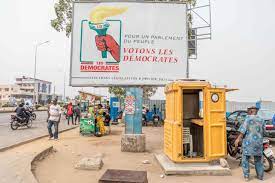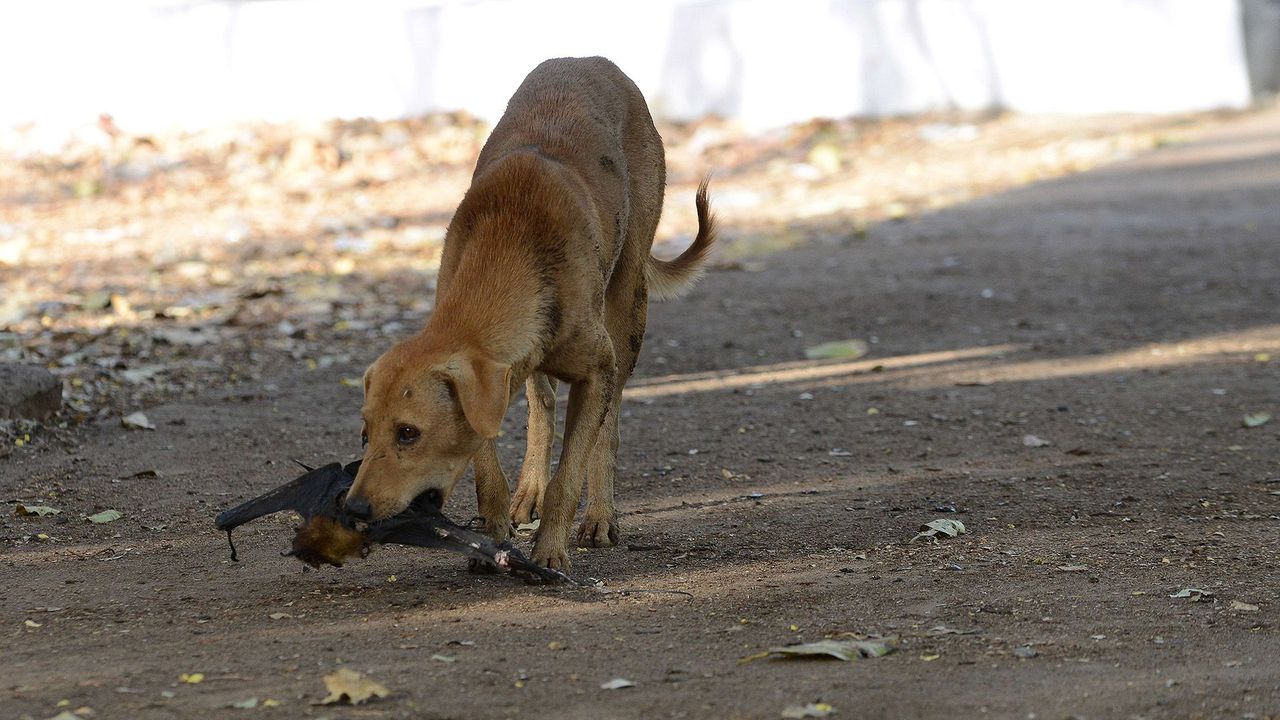Benin voted for a new parliament on Sunday, January8, with opposition candidates authorized to stand in the legislative elections after four years of absence.
The vote is widely seen as a key test for the West African nation, where President Patrice Talon’s supporters say he has ushered in political and economic development, but critics have denounced many of his actions and policies as they eroded democracy. The opposition was de facto barred from participating in the last parliamentary elections in 2019 following a tightening of electoral regulations. In 2019, only two political movements allied with Talon were authorized to participate, leading to a parliament controlled by pro-government parties. The 2019 legislative elections were also marred by violence, record abstention and an internet shutdown, rare events in a country once seen as a model of democracy in West Africa.
This time around, seven political parties, including three allied with the opposition, have been authorized to take part in the election, though most of Talon’s main opponents are either in prison or in exile. Reckya Madougou, a politician, and Joel Aivo, an academic, were tried by a special court dealing with terrorism and economic crimes, known as the CRIET — the former has been sentenced to 20 years in prison for “terrorism,” while the latter was given 10 years in prison for “conspiracy against the authority of the state.” Critics say the court, created by Talon’s government in 2016, has been used to crack down on his opponents.



